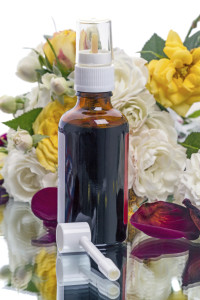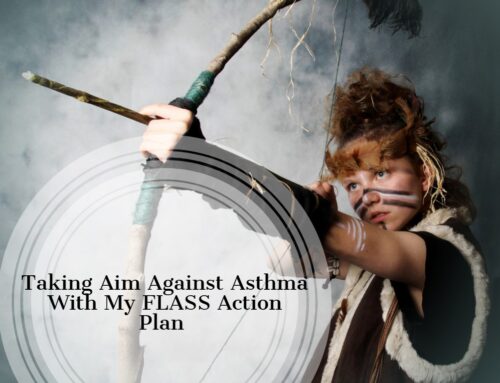
In crime stories a “safe house” is a place where a hero or an innocent witness can safely hide from the “bad guys” with guns and triggers!!
If you or your child has asthma, then your house must be a safe house from asthma triggers! Since May is Asthma awareness month, we thought it would be a very appropriate time to identify how you can make your house a safe Home for some one with asthma.
Like the bad guys in a movie, the triggers are out there 24/7, causing mayhem to asthma patients. “Your doctor can help you identify the triggers, which might include common stuff like dust mites and pollen.”
Your job is to create a home that is trigger free. The most difficult part of this chore is knowing where to start. Today, the Florida Lung, Asthma and Sleep Specialists (FLASS) bring you this blog packed with tips for transforming your home into an asthma “safe house.”
It’s All About the Air
The modern home might appear to be clean and clear to a normal person, but at the same time it can be full of irritants that will make asthma management very difficult.
Below, check out the FLASS list of common aromas that can cause asthma to flare up:
tobacco or wood smoke,
perfumes,
scented candles,
aerosol sprays,
fresh newspaper print,
cleaning products,
paint fumes
cooking gas
Below are a few more rules for designing a “safe house” environment, if you have someone with asthma living in your home:
1. A is for allow: Simply do not ALLOW people to “smoke in your home. If you smoke, quit or smoke outside.” If you have an asthma patient in your home, perhaps smoking should be relegated to “a galaxy far, far away.”
2. S is for Scented Products: If you look at the above list, they almost all have strong scents. The asthma and allergy home is an unscented home. You will need to use unscented detergent, fabric softeners, toilet paper, and room fresheners.
3. T is for tree, and remember that your holiday decor should feature only artificial trees and fake greenery.
4. H is for heat and home. Experts tell us that when “purchasing a home, consider buying one with baseboard or radiant heating.” Why would this be necessary? They explain that “Forced-air systems can foster mold and dust mites. If your home has a forced-air system, consider sealing off the vents in your child’s bedroom with aluminum covers and tape. H is also for a HEPA air cleaner, (high efficiency particulate air,) can filter the air, a t least for your child’s bedroom or playroom.
t least for your child’s bedroom or playroom.
6. M is for mold and pollen counts. We suggest you use your air conditioning on days with high pollen or mold counts or ozone or pollution warnings. Find out more about mold and dust mite prevention with the excellent tips at this popular Web MD source.
7. A is for air ducts in your home, which must be cleaned regularly, and you need to change the air filters in your furnace and/or air conditioning must also be changed regularly.
This “A” is also for A is for air venting all your gas appliances to the outdoors. Another tip is to be aware of the outside air. “If you must open windows on days when the pollen count is high, do so after mid-morning because counts are usually highest from 5 a.m. to 10 a.m.” Suppose you live on a busy street with traffic or factories polluting the air. Then FLASS advises you to open doors and windows early, before pollution has a chance to build up.
Put the first letter of each of our rules above together, and they spell asthma, and an asthma attack is to be avoided with these relatively simple tips. Our seven tips do not completely cover every trigger that might set off your loved one and his or her asthma. They are only meant to be a starting point. See more suggestions at the American Academy of Asthma, Allergy and Immunology,
Your doctor will undoubtedly have more suggestions based on your asthma patient’s customized tests and treatment plan.
Your home can be an asthma patient’s sanctuary, his or her safe house, away from the poisonous triggers, the “bad guys” that can inject dramatic health problems into any day, or time. As the Florida Lung, Asthma and Sleep Specialists have been saying all month, “you can control your asthma.” A safe haven from all common, home based triggers can certainly help!
Thank you for reading our blog today, and the doctors and staff of FLASS hope you will com back soon for more news and views about lung disease, treatment, and research in the 21st century.



